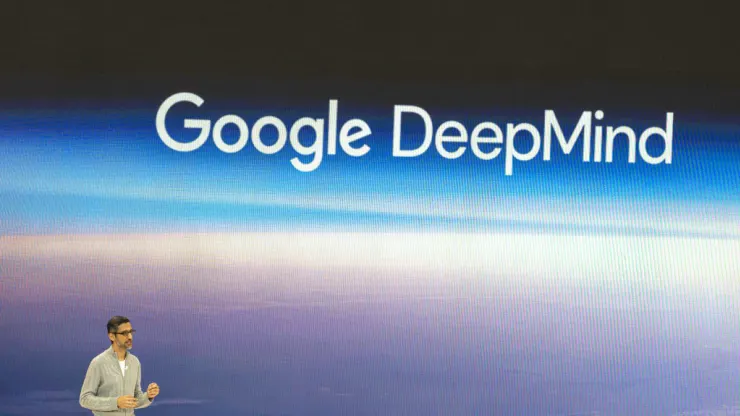Google DeepMind AI speeds up search for disease genes

Using artificial intelligence, Google’s DeepMind has identified changes in human DNA that could lead to disease.
Approximately 89% of all the key mutations have been identified, according to the researchers.
As a result of the development, better diagnoses and treatment options will be available more quickly.
The work was hailed by a leading independent scientist as a “big step forward”.
Deputy director general of the European Molecular Biology Laboratory, Prof Ewan Birney said: “It will aid clinical researchers in prioritizing where to look for disease-causing factors.”
In this technique, the order of the components of human DNA strands is checked.
DNA is the building block of every living organism. Adenine (A), cytosine (C), guanine (G) and thymine (T) are the four chemical building blocks of DNA. These letters are read by an embryo during development to produce proteins, which make up the cells and tissues that make up the human body.
Almost all proteins in the human body were mapped by Google DeepMind’s artificial intelligence last year.
AlphaMissense is a new system that predicts whether a DNA sequence will produce the correct shape based on the letters in it. Otherwise, it is listed as potentially disease-causing.
